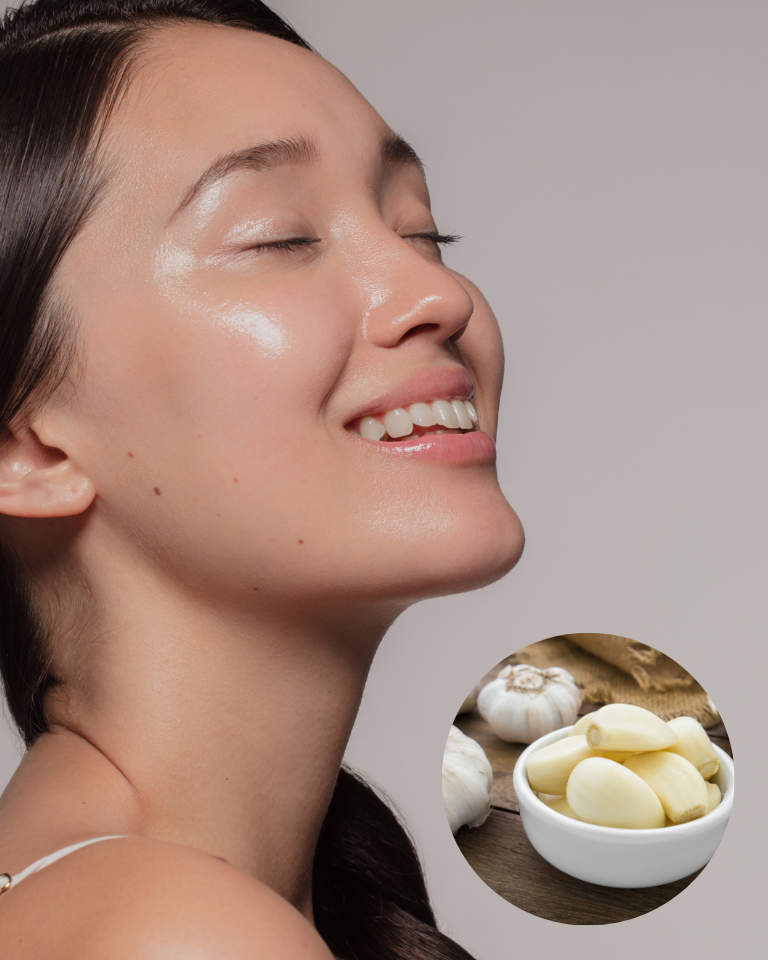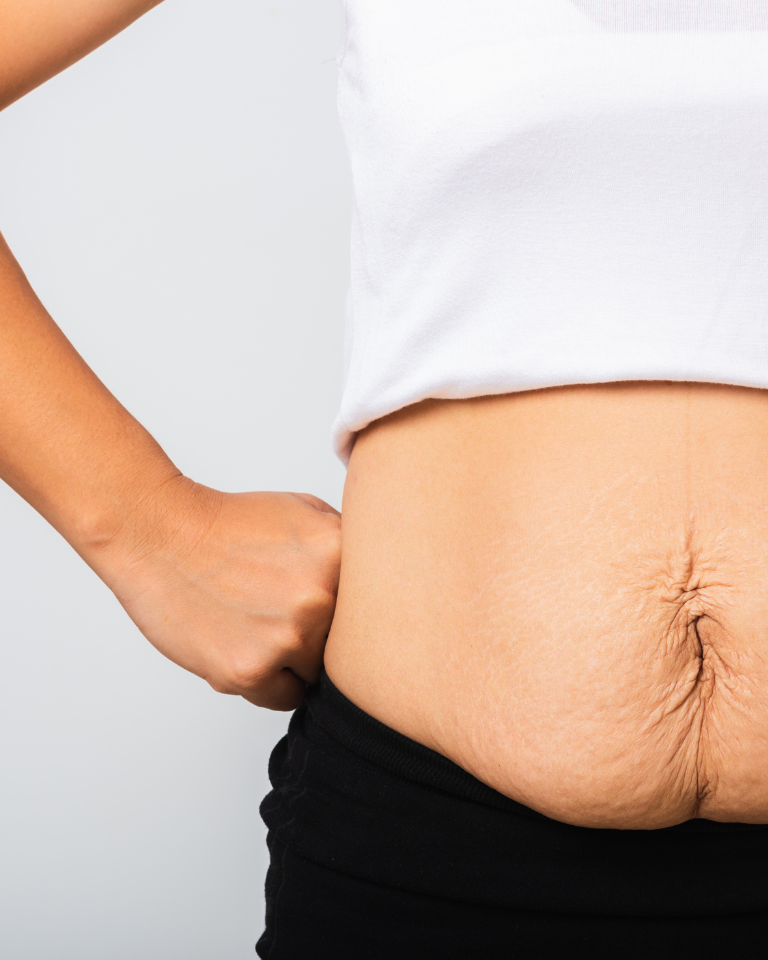You need some sun exposure. We all do. When your skin is exposed to the sun, your body is able to make Vitamin D, which in turn helps with calcium absorption for stronger and healthier bones. But it only takes a short amount of time in the sun to make the Vitamin D you need, and too much exposure can be dangerous. In fact, excessive unprotected exposure to the sun’s ultraviolet (UV) rays can cause skin damage, immune system suppression, eye damage and skin cancer.
Sun exposure and skin cancer
Skin cancer is the most common cancer in the United States. One in five Americans will develop skin cancer before reaching 70 years of age. According to the Skin Cancer Foundation, every year almost 7,000 people die of melanoma, the most severe form of skin cancer. Up to 90-percent of melanomas are related to UV exposure–specifically with severe sunburns–and are therefore highly preventable. Fortunately, daily sunscreen use is effective in preventing sunburns and skin cancer.
Low sunscreen use among teens
 A lot of unprotected overexposure to the sun occurs during childhood and teenage years. Because skin cancer is associated with cumulative UV exposure and sunburns early in life, the lack of protective behavior among teens is a major contributing factor to the cancer. For many teens, skin tanning is perceived as attractive and future problems such as skin atrophy and melanoma are seen as quite far away, encouraging unhealthy sunbathing behavior. Tanning damages skin cells, speeds up visible signs of aging and may lead to skin cancer, even in people in their twenties.
A lot of unprotected overexposure to the sun occurs during childhood and teenage years. Because skin cancer is associated with cumulative UV exposure and sunburns early in life, the lack of protective behavior among teens is a major contributing factor to the cancer. For many teens, skin tanning is perceived as attractive and future problems such as skin atrophy and melanoma are seen as quite far away, encouraging unhealthy sunbathing behavior. Tanning damages skin cells, speeds up visible signs of aging and may lead to skin cancer, even in people in their twenties.
Using a broad-spectrum sunscreen with an SPF of at least 30 can protect the skin against both UVA and UVB rays. Those who learn to apply generous amounts of sunscreen on their skin every day can prevent skin cancer. Sadly, only about 15% of teens apply sunscreen regularly, just roughly 26% perform skin self-exams, and more than 19% use artificial tanning products. Promoting sunscreen use among children and teens while discouraging risky behaviors is therefore an effective approach to preventing skin cancer.
Face-aging app as an appearance-based intervention
Studies with adolescents and young adults indicate that appearance-based interventions are more effective than classic health education approaches in encouraging regular sunscreen use and healthy skin behaviors. Among teens, self-perceived attractiveness has a strong influence on self-esteem and is the primary motivation for tanning. This is why appearance-based interventions are ideal for promoting positive skin behaviors among the young. In fact, appearance-based face-aging interventions have already provided better outcomes for young people in other areas, such as tobacco use prevention.
One such appearance-based intervention is the face-aging app. With these apps, teens are able to witness ultraviolet (UV) radiation-induced facial aging firsthand. Face-aging apps show the effects of UV on the skin in general and on skin cancer development in particular, thus creating photo-aged selfies with sagging skin, spots, wrinkle formation, and malignant skin lesions.
The apps work by having the users take front-facing close-up pictures of their faces and then selecting skin tones from graded options. Users can then see simulated images of how they would look after being aged 5, 10, 15, 20 or 25 years into the future based on skin type. The users are also able to see how the images would differ if they used or did not use sun protection or underwent weekly tanning.
The simulated images give users varying degrees of wrinkles, spots, discoloration, loss of volume, age, as well as showing pre-cancerous and cancerous spots on the face. These face-aging apps include a feature that indicates how skin cancer risks increase with different skin practices and while providing useful information about sun protection.
Great results with face-aging apps
Snapping selfies (self-taken photos) and using filters to modify them is a popular teen activity. App-based interventions engage teens with familiar technology and show them how their faces can age due to excessive exposure to ultraviolet light from the sun or from tanning beds.
And while UV photography can be effective in monitoring sun damage, it is very expensive. This makes a free mobile face-aging app—available in Google Play, Apple’s App Store or other platforms—a cost-effective alternative and a fun intervention for skin-protection strategies.
Face-aging apps have been proven effective in changing habits to reduce UV exposure in children and adolescents. According to a JAMA Dermatology study conducted by a multinational team of researchers to assess the potential benefits of apps as educational tools (among nearly 1,600 students in grades 9 through 12 in southeastern Brazil) the results were remarkable. For example, students shown how to use a freely available mobile face-aging app had a daily use of sunscreen increase from 15% to 23%.
The study also demonstrated that overall use of sunscreen increased by roughly 50% among teens who used the app. It helped to achieve almost double the percentage of teens who performed at least one skin self-exam, while also reducing youth engagement in other risky skin behaviors.
Working with a plastic surgeon
A plastic surgeon can help you and your loved ones improve your skin care routine and prevent skin problems. Plastic surgeons such as Dr. Effie Politis are increasingly integrating new technologies in their practice to boost positive outcomes. Tools such as face-aging apps are being embraced by physicians to educate patients about sun exposure, preventing skin problems and reducing the risk of skin cancer.
If you have questions about your skin, skin care and encouraging healthy skin behavior, speak with Dr. Effie Politis for expert guidance. For more information on plastic surgery and appearance enhancing services, visit the Politis Plastic Surgery website.
References:
- Monaco K. (Medpage Today, May 7 2020). Face-Aging Selfies Help Modify Risky Skin Behaviors for Teens. Retrieved from https://www.medpagetoday.com/dermatology/skincancer/86374





